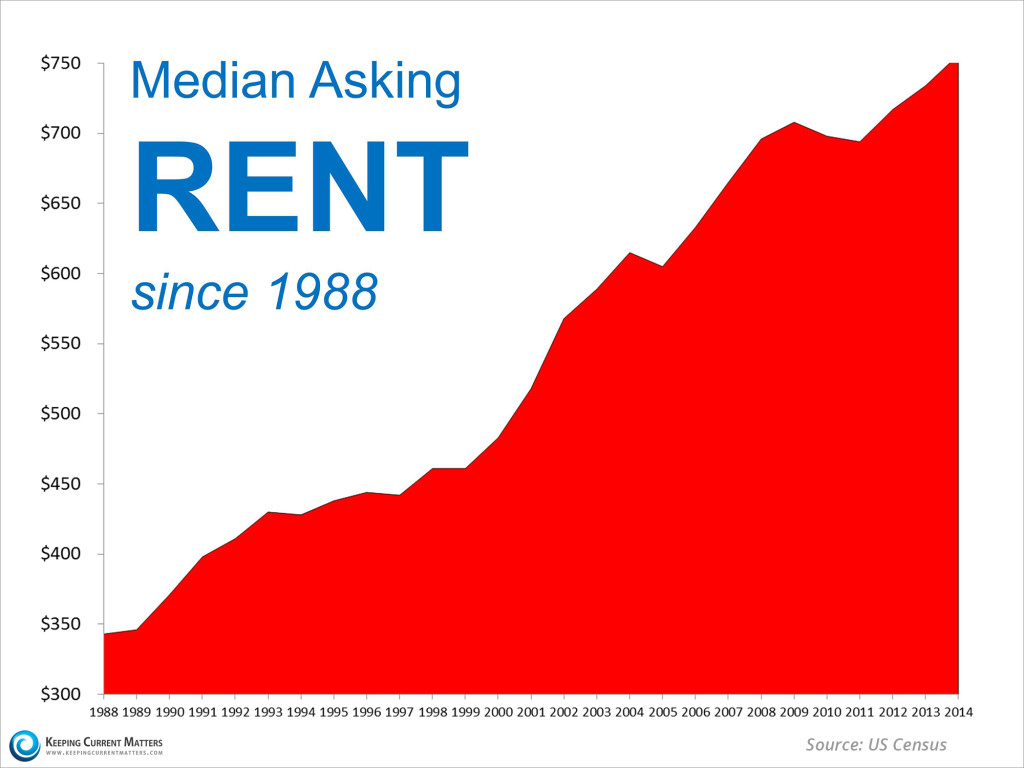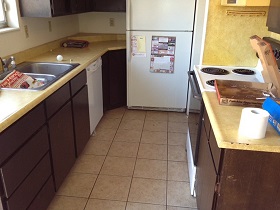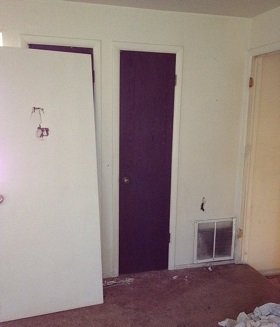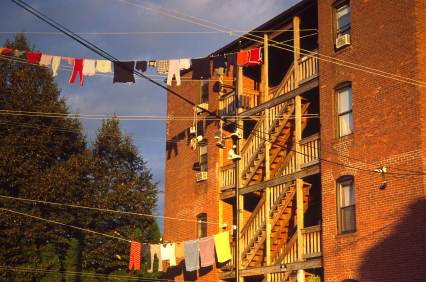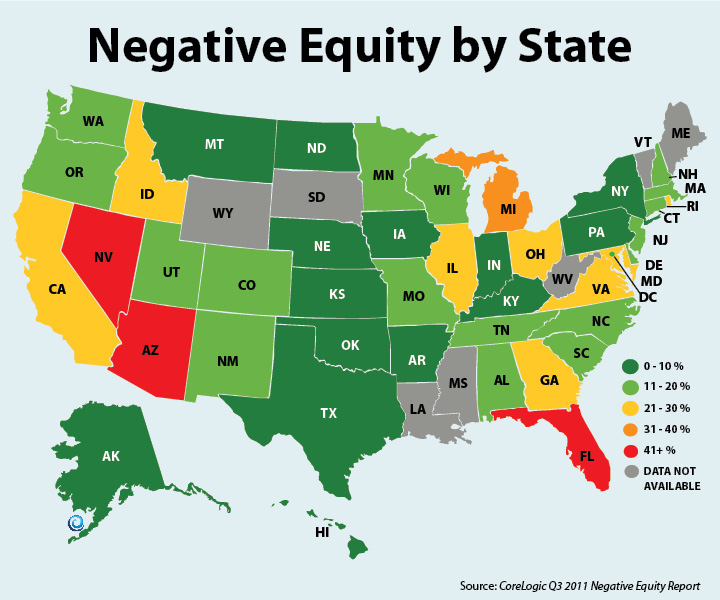Advice for Tenants
A tenant asked me today why I didn’t have any advice for tenants at my blog. That kind of stumped me, because this blog is for landlords.
But I actually do have some very important advice for tenants: Buy a home. Do it now. Don’t wait.
Interest rates are going up, and you’ll be able to buy less and less home in the future because of the higher cost of money.
You’re welcome.
Rents are Climbing!
Here’s a chart showing U.S. rent increases over the last 25 years. This is not a big surprise for any income property investor, but dang that chart is pretty impressive! Read the details at the KCM Blog.
Buffett’s annual letter: What you can learn from my real estate investments
 When Warren Buffett pontificates on two of his real estate investments, I think we should pause and pay attention. In this case, the real estate tutorial comes in the annual letter to Buffett’s shareholders!
When Warren Buffett pontificates on two of his real estate investments, I think we should pause and pay attention. In this case, the real estate tutorial comes in the annual letter to Buffett’s shareholders!
My son/partner Josh sent this to me and I think we both had slightly different takeaways. What impressed me is Buffett’s focus on his estimate of the future earnings of the assets when he considered their purchase, not the future value. (Josh is a numbers guy, and he’s going to write about his impressions of Buffett’s article in his monthly newsletter, so I’ll be interested in how his takeaways differ from mine.)
Future earnings. Not future value.
That’s easy on commercial properties, because the value of the property is determined by the income stream that it produces. So you can put all of your attention on increasing the income stream knowing that you are increasing value simultaneously. But homes are valued by comparables, they require a different discipline.
Having just lived through a recession as a landlord and real estate investor, I can tell you that we survived it because of the earnings from our investments. Cash flow saved us and got us through and in a stronger position than before the recession. We didn’t dwell on values because as long as we had positive cash flow, we were in a good position.
Please get a nice cup of your favorite beverage and take a few minutes to ponder Buffett’s message and it’s lesson for real estate investors:
Buffett’s annual letter: What you can learn from my real estate investments
By Warren Buffett
“Investment is most intelligent when it is most businesslike.” –Benjamin Graham, The Intelligent Investor
It is fitting to have a Ben Graham quote open this essay because I owe so much of what I know about investing to him. I will talk more about Ben a bit later, and I will even sooner talk about common stocks. But let me first tell you about two small nonstock investments that I made long ago. Though neither changed my net worth by much, they are instructive.
This tale begins in Nebraska. From 1973 to 1981, the Midwest experienced an explosion in farm prices, caused by a widespread belief that runaway inflation was coming and fueled by the lending policies of small rural banks. Then the bubble burst, bringing price declines of 50% or more that devastated both leveraged farmers and their lenders. Five times as many Iowa and Nebraska banks failed in that bubble’s aftermath as in our recent Great Recession.
In 1986, I purchased a 400-acre farm, located 50 miles north of Omaha, from the FDIC. It cost me $280,000, considerably less than what a failed bank had lent against the farm a few years earlier. I knew nothing about operating a farm. But I have a son who loves farming, and I learned from him both how many bushels of corn and soybeans the farm would produce and what the operating expenses would be. From these estimates, I calculated the normalized return from the farm to then be about 10%. I also thought it was likely that productivity would improve over time and that crop prices would move higher as well. Both expectations proved out.
I needed no unusual knowledge or intelligence to conclude that the investment had no downside and potentially had substantial upside. There would, of course, be the occasional bad crop, and prices would sometimes disappoint. But so what? There would be some unusually good years as well, and I would never be under any pressure to sell the property. Now, 28 years later, the farm has tripled its earnings and is worth five times or more what I paid. I still know nothing about farming and recently made just my second visit to the farm. More…
Positive cash flow, equity build-up, depreciation…
How many reasons do you need to invest in income property?
Positive cash flow, equity build-up, depreciation, tax write-offs, leverage, the thrill of making things beautiful, building passive income for retirement, building an estate that can be passed on to your heirs. There’s a few reasons off the top of my head.
Here’s another reason: it’s so much fun!
Josh and I bought a little 7-plex at the end of October, 2012.
Six months later it has a new roof, new parking lot, new landscaping, gorgeously renovated units, and a lovely new tenant clientelle.
We have increased the annual rental income by $23,000.00. (!!!!)
All of you number crunchers know that we have thereby increased our equity in the project by some fairly impressive number in the six figures.
That was the fun part.
But there was also a scary part when we had big renovations sums flowing out of our bank account with little rent flowing in. Gulp.
Six of the units are probably still $50.00 per month under market, but I started marketing in the middle of winter when no one wanted to move so I got scared for a minute and dropped the rents to get them renting.
This was a perfect small project to use as a case study, so I’m writing an e-book which will walk budding investors through the process from beginning to end. I’ll let you know when it’s ready for public consumption 🙂
In the mean time, I can’t remember a better time to buy rental property. I hope you are paying attention.
“Biggest Mistake New Investors Make in Due Diligence”
Thanks to attorney and multi-family investor Charles Dobens for this excellent and insightful article on due diligence, which we found on the MultiFamily Insight Blog:
“What is the biggest mistake new investors make in multifamily due diligence? Due diligence is where many new investors start to go astray. They find a deal, make offers, get an offer accepted, put it under contract and then start the due diligence process. During the due diligence process their entire focus is centered around the real estate. They interview and negotiate rates with property inspectors. They set up a date and time that they will go through each and every unit looking for the most egregious example of poor management so that they can go back to the seller and negotiate a repair allowance.
“The owner of a bad property will see this coming a mile away and be prepared for it. They will inflate their purchase price to make you pay the repair allowance WITH YOUR OWN MONEY. They will play hardball with you and structure the terms of the repair allowance such that the dollars come out of the deal in an in-kind transfer and not in cash. You, at the end of the day, end up with a property that has a list of needed repairs and no cash to fix it.
“But that is not where your focus needs to be. Here’s where the new investor goes astray. After the property inspector has completed his task and submits his beautiful 100-page report that you pay for, you will review it and look at the last page that gives a dollar amount as to the needed repairs. You then go back to the broker and open the negotiations all over again and I can assure you, they are lying in wait for you to return.
“But the problem with this over-dependence upon the inspection report is that, no matter what the inspector finds, it can be fixed with one thing – Money. Just name your price and the roof is fixed. Get three bids and the foundation is fixed. The brokers focus, along with yours and everyone else is on the real estate. This is exactly where you should not be focused. More…
The Greatest Opportunity Ever Is Just About to Pass You By
Dr. Steve SjuggerudHow much louder can I say this? This moment is the greatest opportunity ever to be an American homebuyer. It is the best moment in history. We may never see opportunity this great in our lifetimes. Time's "a-wasting" actually... You're about to miss the best moment, if you don't get on it, right now. The "V" bottom (as I call it) – where you can get the very best prices – is passing you by as I type.
 Don’t miss today’s article by Dr. Steve Sjuggerud! Go there and read it now. Seriously! Do it now.
Don’t miss today’s article by Dr. Steve Sjuggerud! Go there and read it now. Seriously! Do it now.
Negative Equity by State
Thanks to our friends at the KCM Blog for this InfoGraphic. Note: This only applies to single family residences. Apartments and multi-family properties are doing terrific, because their values are determined by the income stream which they produce (not comps).
Entrepreneurs are Different (and so are Great Landlords)
 We all instinctively sense that entrepreneurs are different. But what is it that makes an entrepreneur tick? What makes an entrepreneur successful? What is the entrepreneurial mind-set? Let’s explore the elements of the entrepreneurial DNA.
We all instinctively sense that entrepreneurs are different. But what is it that makes an entrepreneur tick? What makes an entrepreneur successful? What is the entrepreneurial mind-set? Let’s explore the elements of the entrepreneurial DNA.
You may have a day job, but if you are an income property owner you are also an entrepreneur. But be careful, if you use your employee brain to deal with your entrepreneurial endeavors, you could fall short as a landlord. Here’s why: More…


